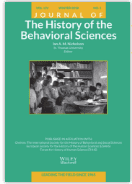
At the borders of the average man: Adolphe Quêtelet on mental, moral, and criminal monstrosities

news, new scholarship & more from around the world

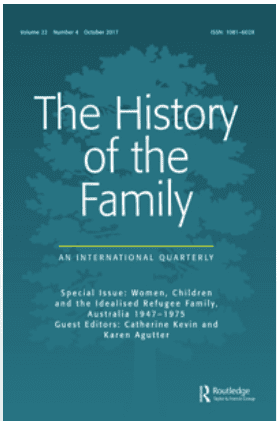

History of Psychiatry, Ahead of Print.
The American Civil War resulted in massive numbers of injured and ill soldiers. Throughout the conflict, medical doctors relied on opium to treat these conditions, giving rise to claims that the injudicious use of the narcotic caused America’s post-bellum opium crisis. Similar claims of medical misuse of opioids are now made as America confronts the modern narcotic crisis. A more nuanced thesis based on a broader base of Civil War era research suggests a more complex set of interacting factors that collectively contributed to America’s post-war opium crisis.
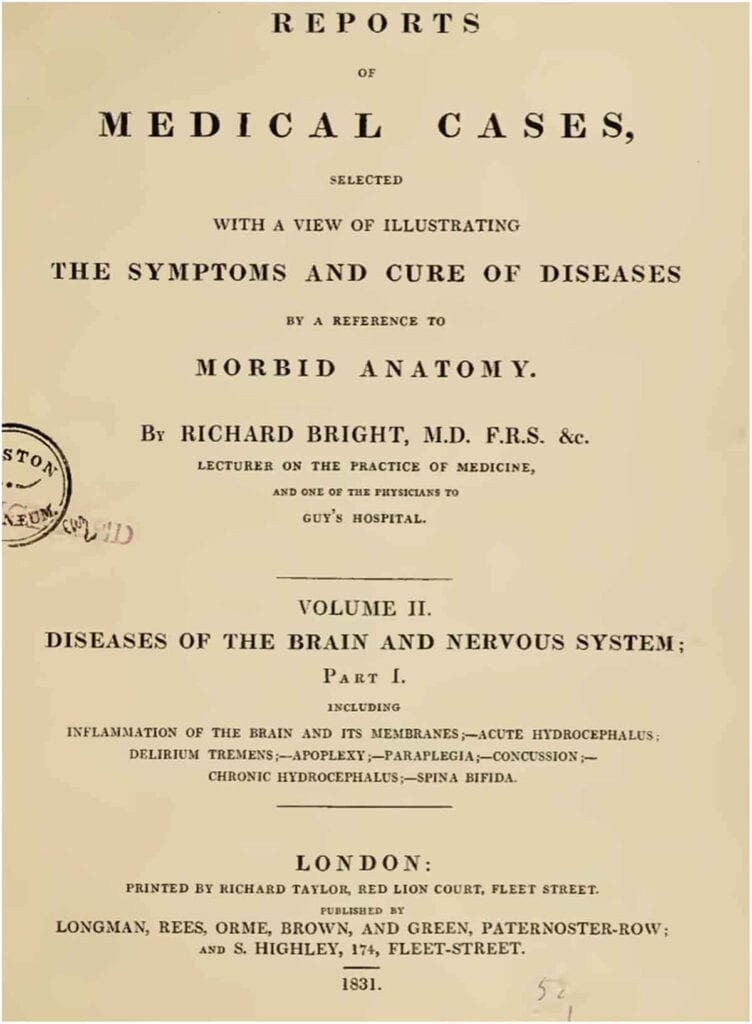
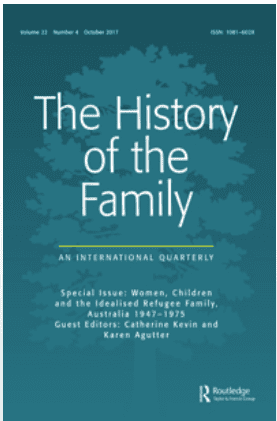
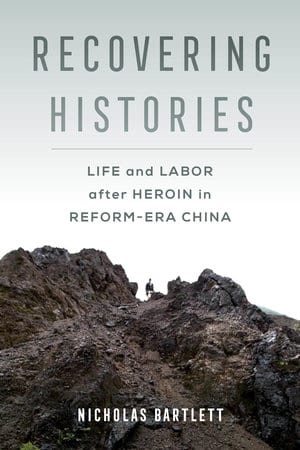
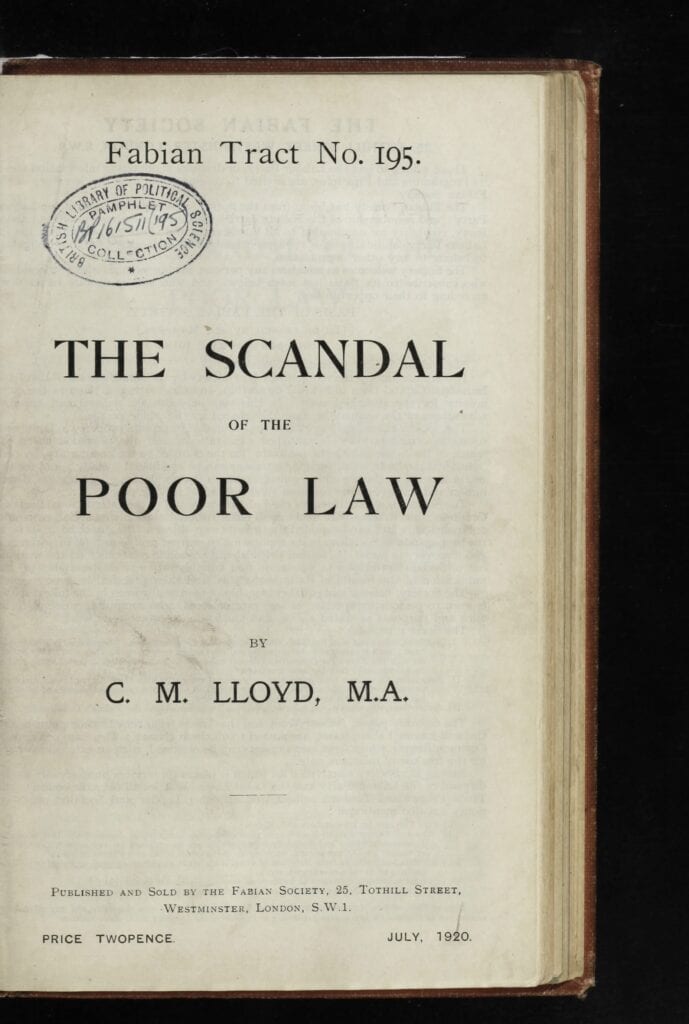
Published by the Fabian Society (1920)
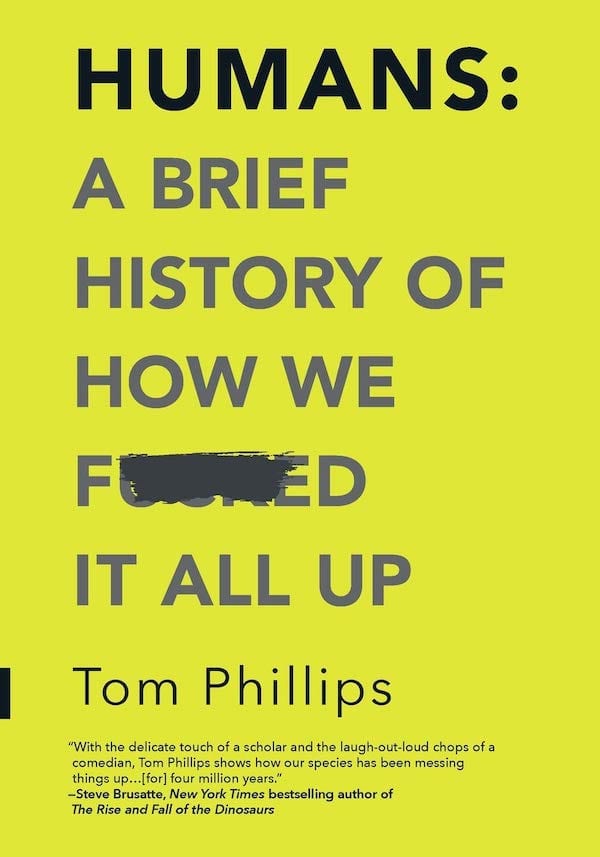
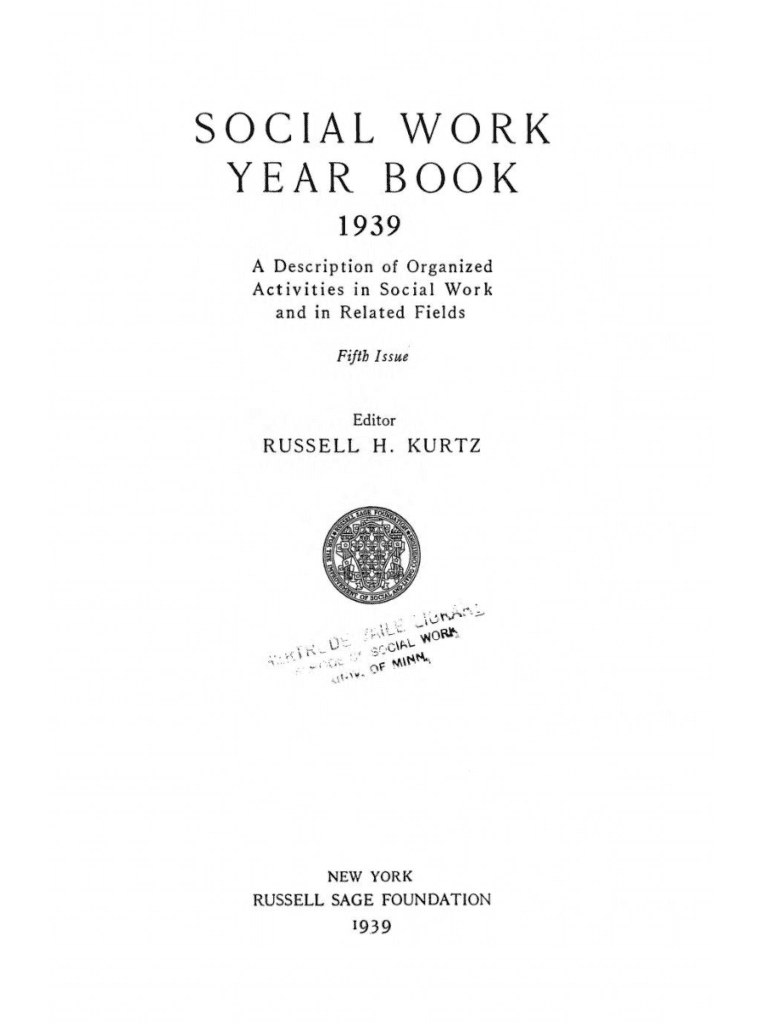

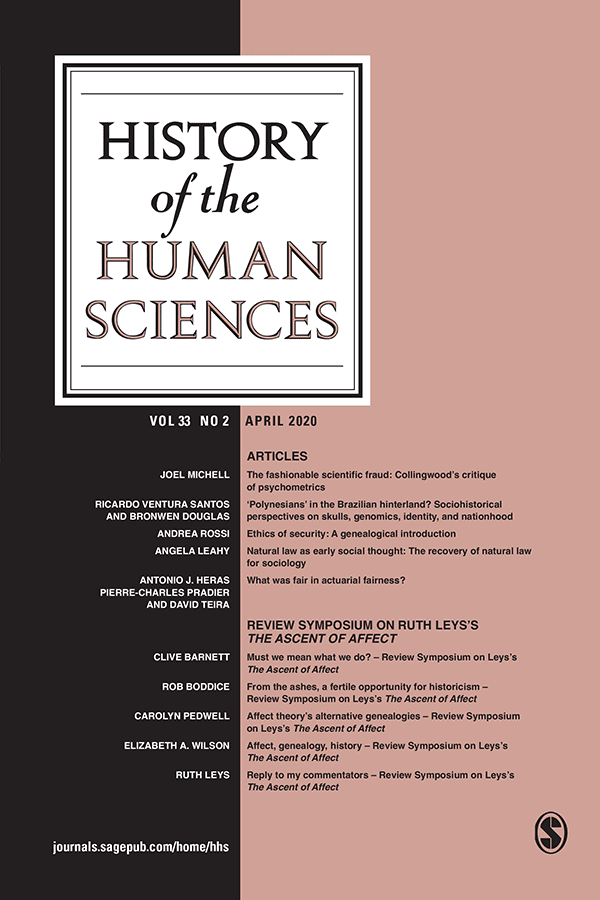
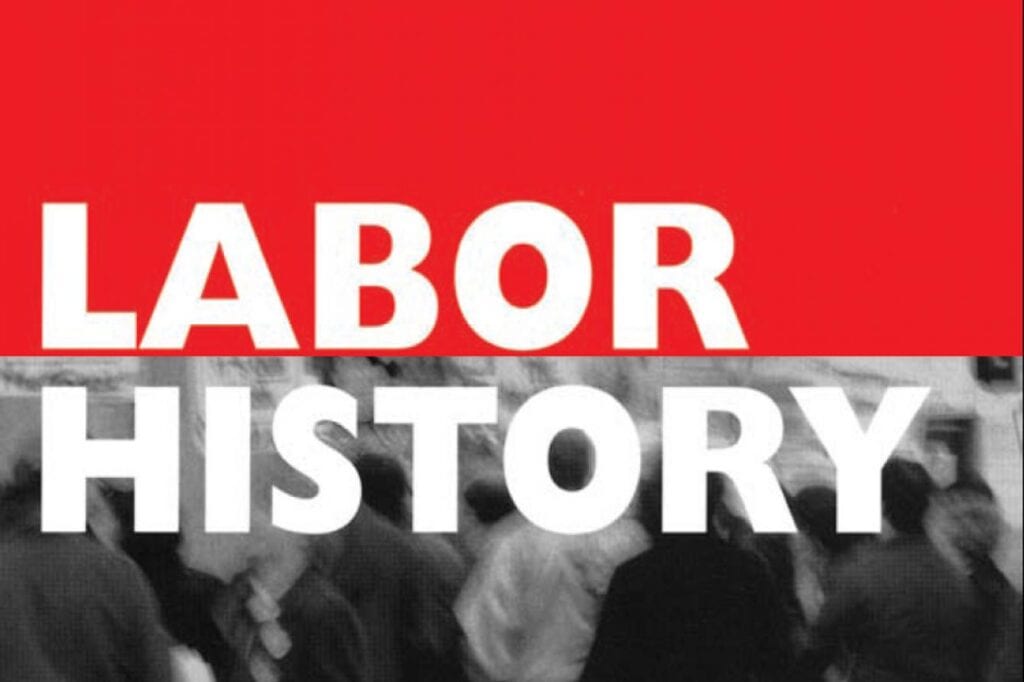
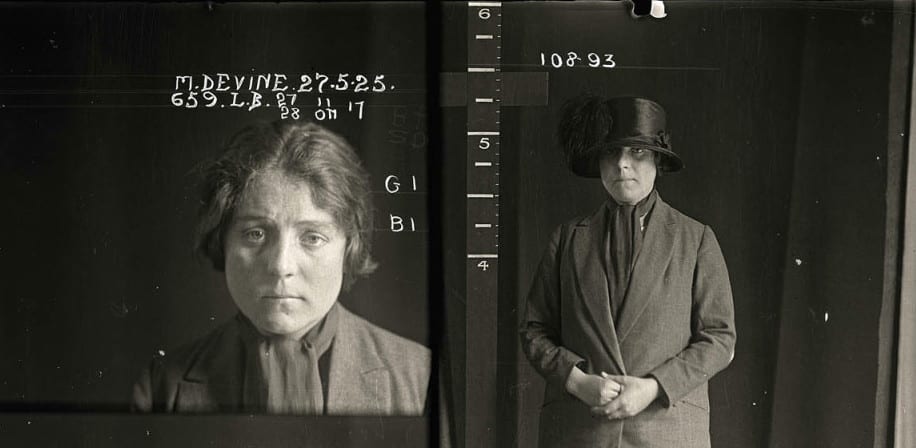

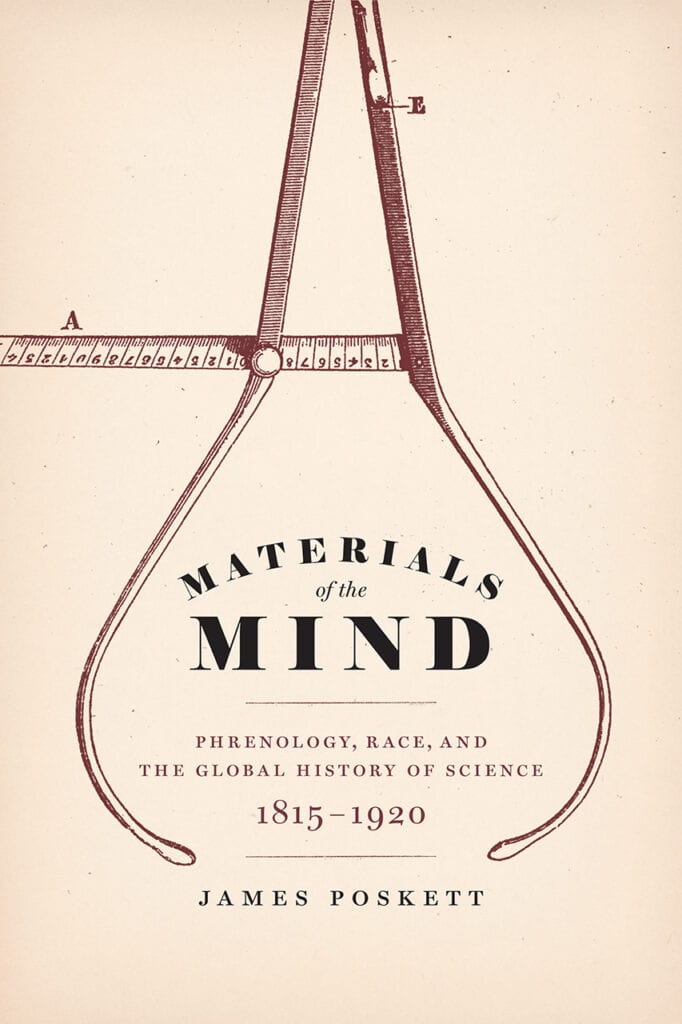

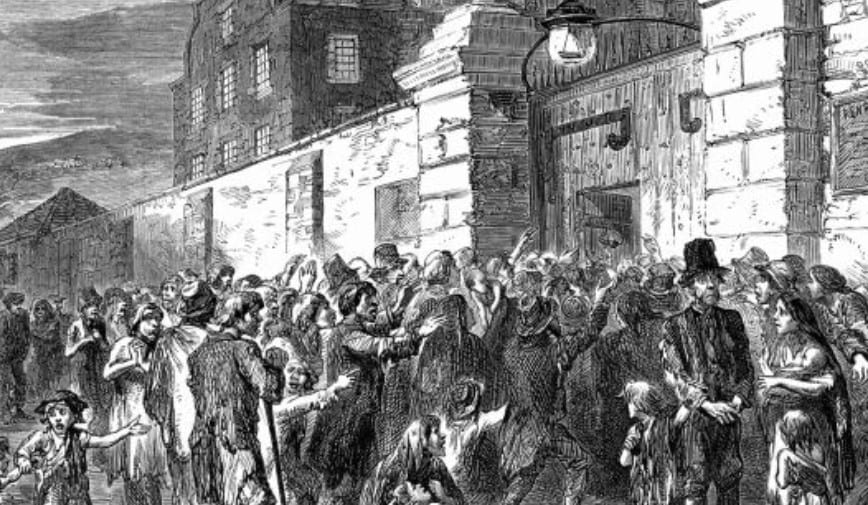
Illustration of starving people at a workhouse gate during the Famine.

Tracing the story of anger from the Buddha to Twitter, Rosenwein provides a much-needed account of our changing and contradictory understandings of this emotion

The magazine was mailed internationally in unmarked brown envelopes. For safety and longevity, ONE’s all-gender board of editors often used pen names, and always depended on other jobs for food and rent. Even so, within a few months of the first ONE, the FBI identified everyone and wrote their employers, calling all staff “deviants” and “security risks” in a middle-school-style attempt to destroy health and security.
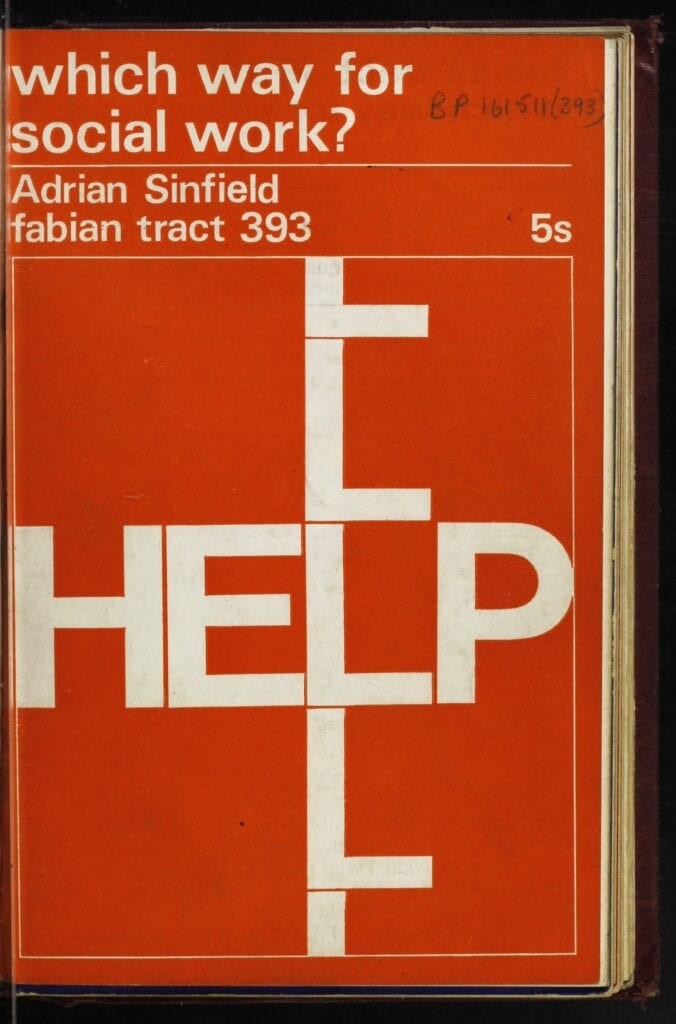
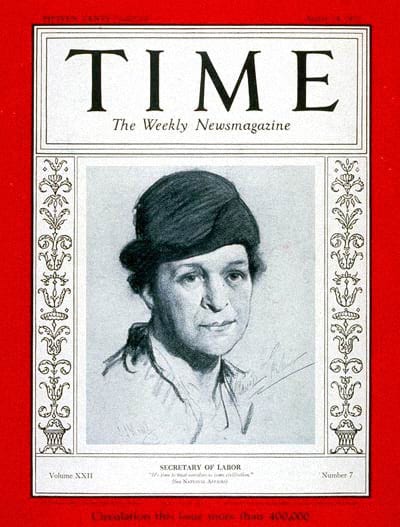
She designed Social Security and public works programs that helped bring millions out of poverty. Her work has been largely forgotten.
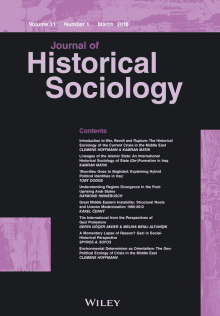
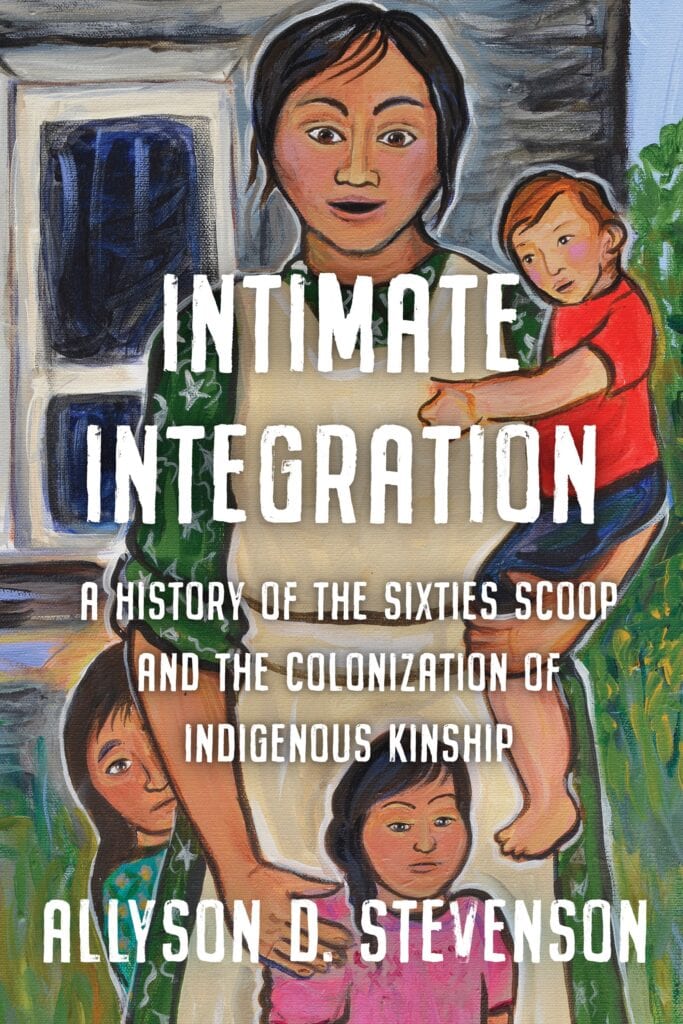

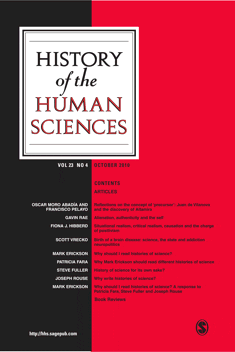


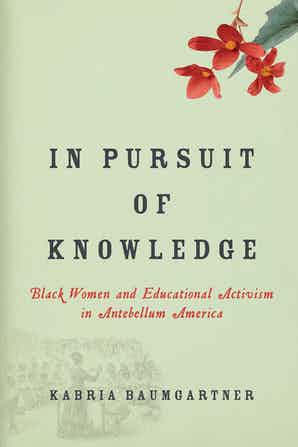
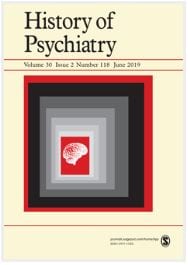
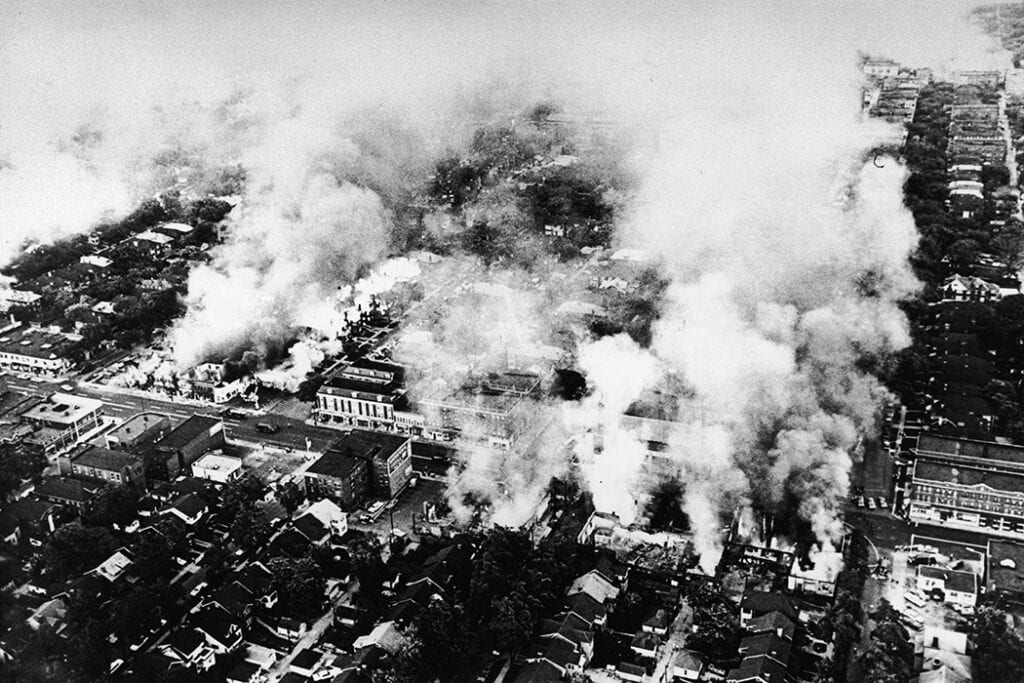
Aerial view of widespread fires started during the riots in Detroit, Michigan, July 1967
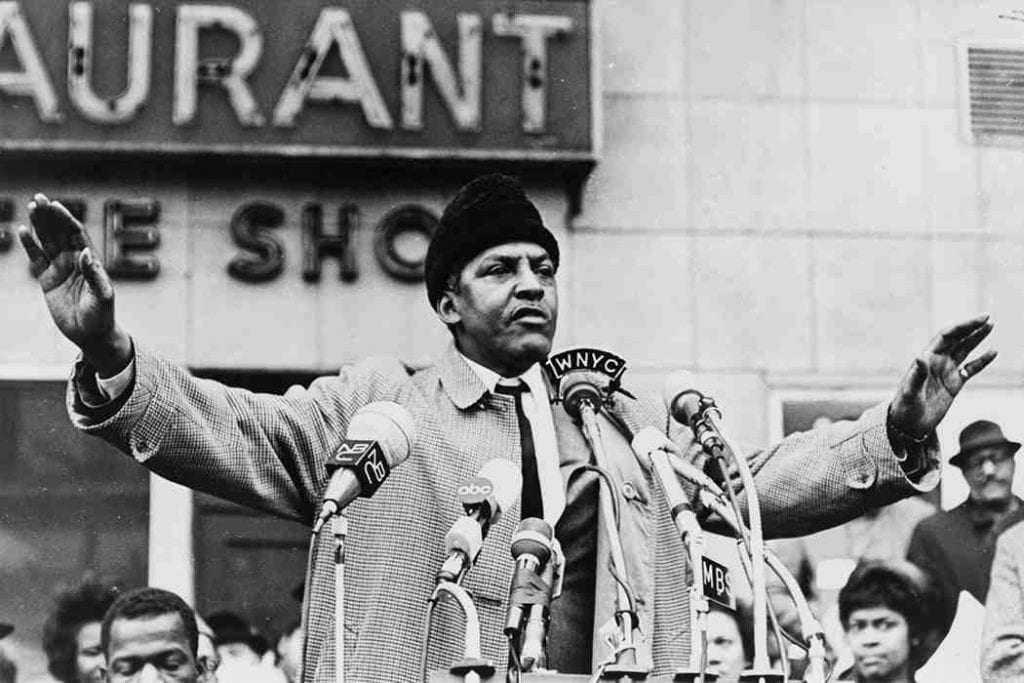
Rustin was a controversial figure inside and outside the movement. Biographer John D’Emilio writes that Rustin has been largely left out of the simple story we tell ourselves about civil rights because of “three liabilities.” Rustin was a pacifist, a socialist (and an ex-Communist), and a homosexual. Indeed, throughout the 40s, 50s, and 60s, Rustin was attacked again and again by segregationists, and the national security state, on all three fronts.
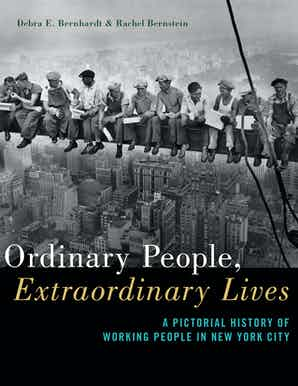
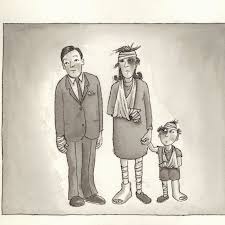


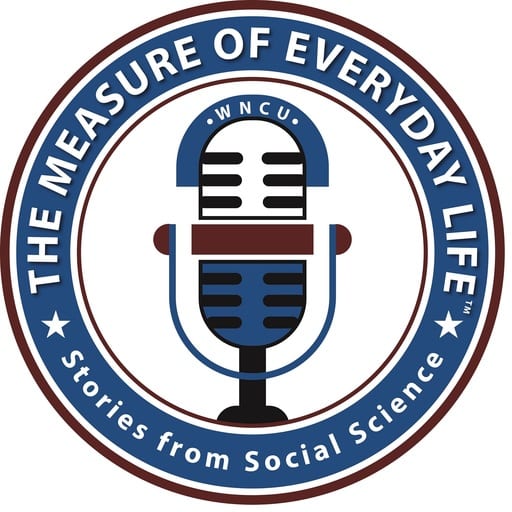



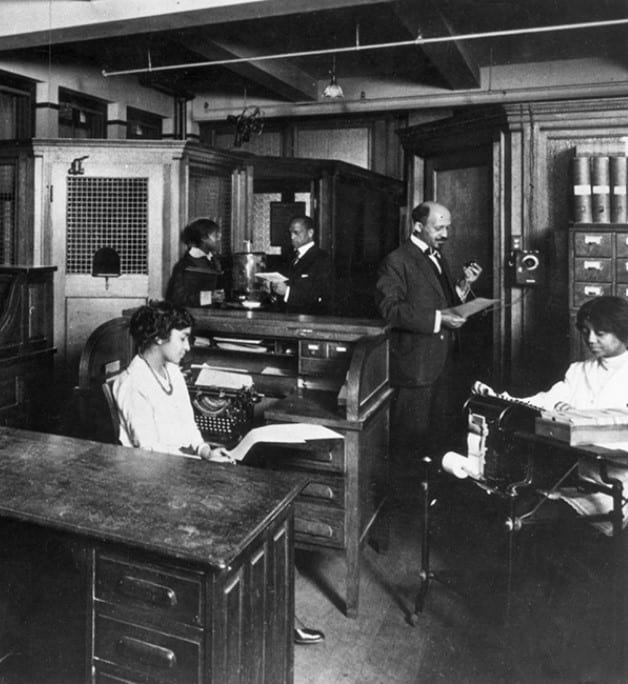
W.E.B. Du Bois (right) at the headquarters of the NAACP publication Crisis as his production staff work at their desks, c. 1932

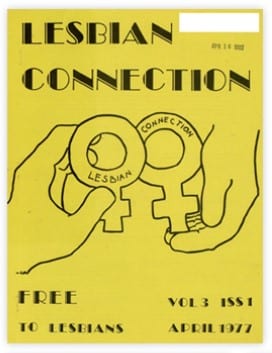
Lindsy Van Gelder–author of that famous New York Post article about bra-burning feminists–reflects on the alternative LGBTQ+ press of the 1970s.
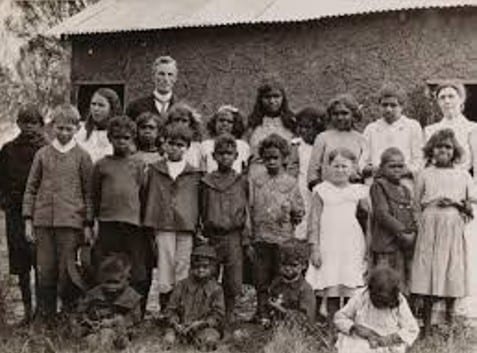
The Stolen Generation of Australia refers to the aboriginal children taken from their families during the period 1910 to 1970. This was part of a policy called Assimilation, which is based on the assumption of black inferiority and white superiority.
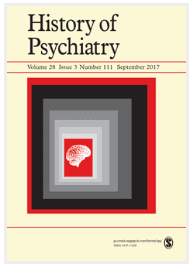


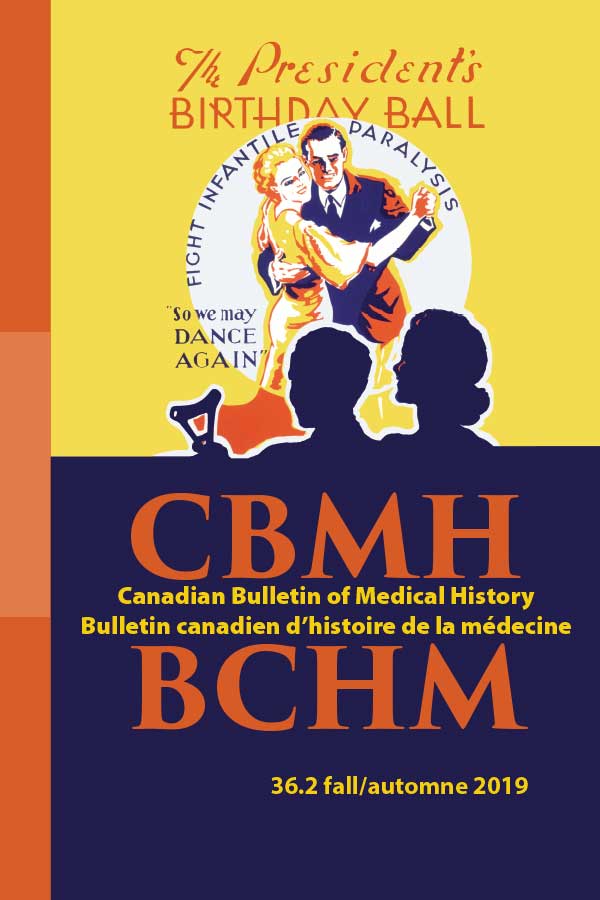

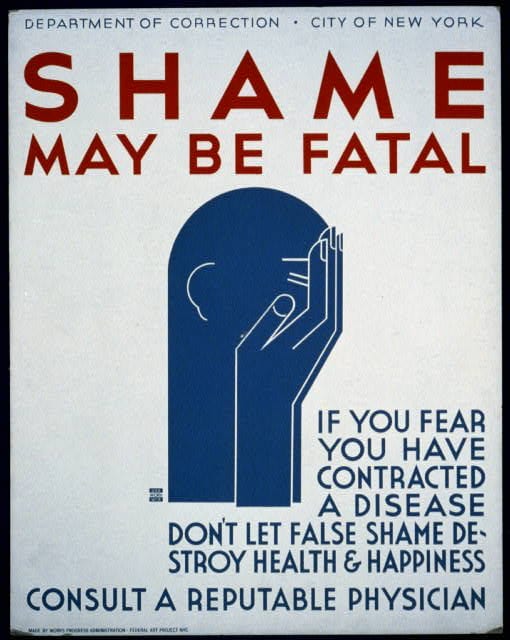
1937 poster encouraging persons with syphilis to seek proper treatment as soon as possible.